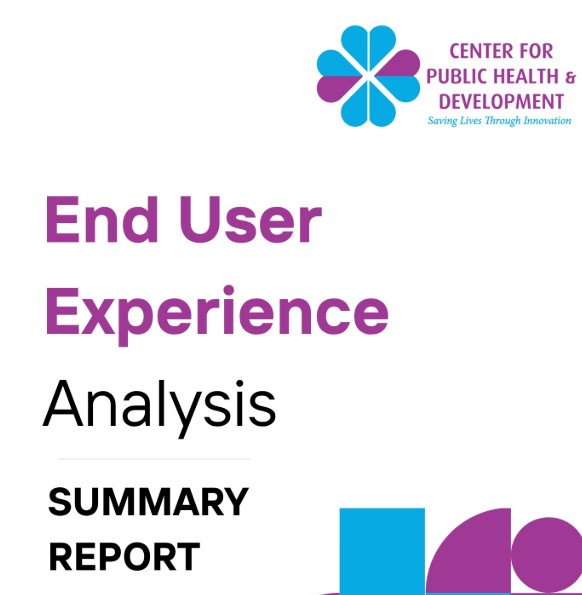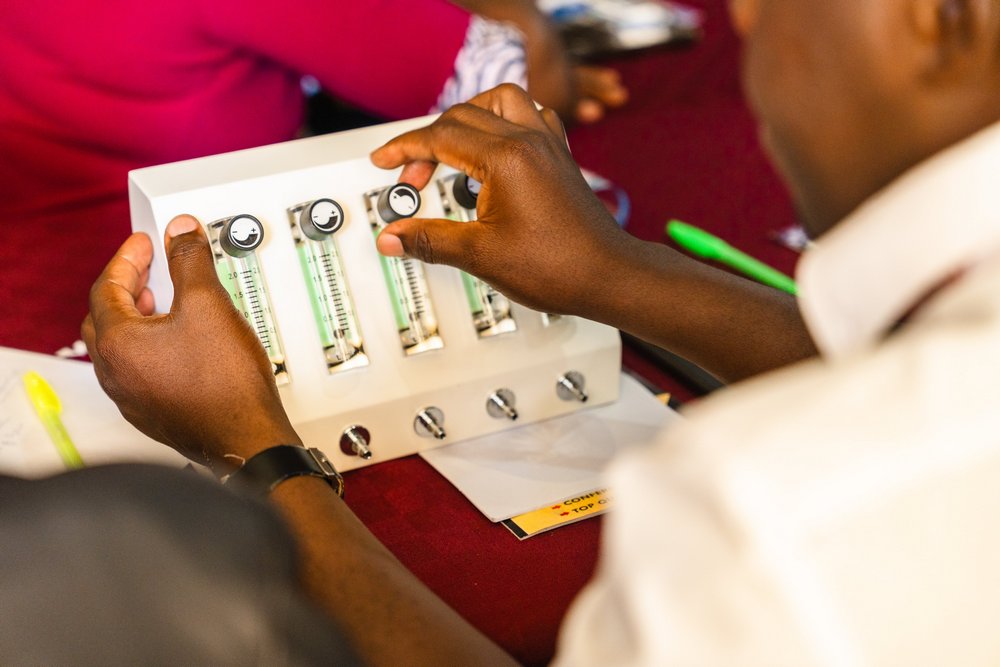Our recent analysis of our AI-supported Maternal, Newborn, and Child Health (MNCH) learning platform has yielded some crucial insights. We’ve found that for these digital health tools to truly stick and make a lasting impact, we need to ensure they are backed by strong institutions, clear policy, and tools that are co-designed with the people who will actually use them.
This drives home our core belief: that we must build ethical, inclusive digital health systems, and we must do it together. That’s why we’re actively asking: Who should we be talking to to make this a reality? We believe in collaborative efforts to ensure these systems are not only effective but also equitable and accessible to all.
What is MNCH?
Maternal, Newborn, and Child Health (MNCH) is a vital area of public health that focuses on the well-being of women during pregnancy, childbirth, and the postnatal period, as well as the health of newborns and children, typically up to five years of age. It’s an integrated approach recognizing that the health of the mother directly impacts the health of her child, and vice versa.
The overarching goal of MNCH initiatives is to reduce preventable deaths and illnesses among mothers, newborns, and young children, and to promote their overall health and development. This involves a “continuum of care” approach, ensuring that individuals receive essential health services across various stages of their lives and in different settings (from home to community to health facility).
Key components and areas of focus within MNCH typically include:
- Maternal Health: This encompasses care during pregnancy (antenatal care), skilled assistance during childbirth (delivery care), and support after birth (postnatal care). It also addresses family planning, reproductive health, and the management of complications like postpartum hemorrhage.
- Newborn Health: This focuses on the first 28 days of a baby’s life (the neonatal period), which is a critical window for survival. It includes safe delivery practices, essential newborn care (e.g., immediate drying, warmth, exclusive breastfeeding), and the management of conditions like prematurity, low birth weight, and infections.
- Child Health: This covers the health and development of children from infancy through their early years (up to five). It involves immunizations, nutrition programs (addressing malnutrition, promoting breastfeeding), prevention and treatment of common childhood illnesses (like pneumonia, diarrhea, malaria), and promoting healthy growth and development.
- Adolescent Health: Increasingly, MNCH programs are expanding to include adolescent health, recognizing that the health and education of adolescents, especially girls, can significantly impact future maternal and child health outcomes.
- Cross-cutting issues: These include access to clean water, sanitation, and hygiene (WASH), addressing health inequities, strengthening health systems (human resources, supply chains, infrastructure), and utilizing innovative technologies like AI and mobile health (mHealth) to improve service delivery and outreach.

The importance of MNCH cannot be overstated. By investing in MNCH, we can significantly reduce mortality rates, improve quality of life, strengthen communities, and contribute to broader sustainable development goals. Our work with AI-supported platforms aims to contribute to these efforts by providing effective learning and support tools for healthcare providers in this critical field.



